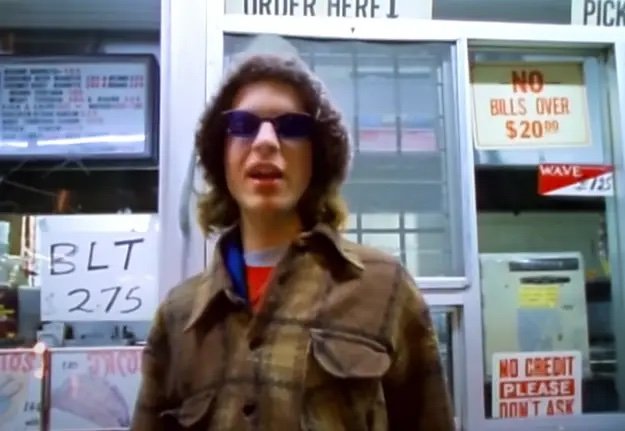In the context of music’s cultural influence, the explosive power of Beck’s 1994 hit song, “Loser,” is difficult to overstate….
Category: Music Industry
UK National Album Day 2022 will focus on debut albums
Sync your diaries everybody, this is no April fools joke, the UK’s National Album Day really is returning on Saturday…
The soul-crushing machinery of the music industry
By Thor Benson White Chocolate & the Cigarettes, featuring drummer Chase Spross and guitarist/vocalist Michael Whitby, is essentially a band…


